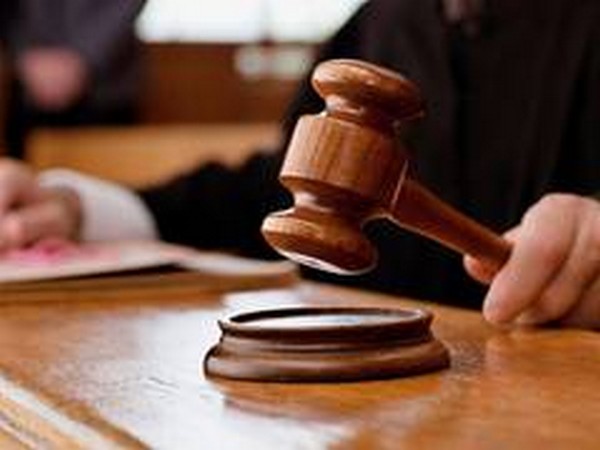Delhi HC Reserves Order on Arvind Kejriwal's Bail Plea in CBI Excise Policy Case
The Delhi High Court reserved its decision on Delhi CM Arvind Kejriwal's bail plea in the CBI's excise policy case. The CBI named him the 'sutradhar,' alleging his central role, while Kejriwal's counsel argued lack of direct evidence and selective targeting in the investigation.

- Country:
- India
The Delhi High Court on Monday reserved its decision on Delhi Chief Minister Arvind Kejriwal's bail plea in a CBI case concerning the excise policy. The Central Bureau of Investigation (CBI) opposed the plea, describing Kejriwal as the 'sutradhar' or linchpin of the case.
Justice Neena Bansal Krishna, heading the bench, reserved the order after hearing submissions from both sides. CBI's Special Counsel DP Singh told the court that their ongoing investigation revealed more incriminating evidence against Kejriwal. He informed the court that a chargesheet was filed in the morning before the trial court, naming six individuals, including Kejriwal. Notably, five of the accused have not been arrested.
The CBI stated that they have concluded their investigation against Kejriwal, filing a chargesheet within a month of his arrest. Singh claimed Kejriwal was a central figure in the excise policy scam, highlighting that Kejriwal, as head of the cabinet, had signed and circulated the excise policy amidst the COVID-19 pandemic. Singh also mentioned that an IAS officer testified that Kejriwal was present when the policy was entered into the computer by Vijay Nair, another central figure according to the CBI.
The investigation has allegedly tracked Rs 44 crore linked to the case, which was reportedly sent to Goa. Singh argued that witness testimonies and 164 court statements indicate Kejriwal's involvement. He noted that more evidence emerged post-arrest as officers were reluctant to testify initially.
In defense, Senior Advocate Abhishek Manu Singhvi, representing Kejriwal, termed the arrest as 'insurance arrest,' arguing that Kejriwal was granted bail thrice in the ED case. Singhvi pointed out the lack of direct evidence and criticized CBI's selective targeting, emphasizing that the excise policy took shape through year-long deliberation involving multiple committees and officials.
Singhvi questioned why only Kejriwal was targeted when several others, including the Lieutenant Governor, were also signatories. He urged the CBI to produce concrete evidence instead of relying on presumptions. He underscored that the case, two years in the making, lacked solid proof against Kejriwal.
The CBI recently filed a chargesheet against Kejriwal and others in the case. The High Court also reserved its order on Kejriwal's plea challenging his arrest and interim bail.
(With inputs from agencies.)
ALSO READ
Supreme Court to Hear Vijay Nair's Bail Plea in Delhi Excise Policy Scam
HC Urges Swift Action on Anticipatory Bail Pleas
Supreme Court Defers Hearing on Vijay Nair's Bail Plea in Delhi Excise Policy Scam
Bombay HC Bench Recuses from Hearing Waze's Bail Plea
Court Rejects Bail Plea in $400K Money Laundering Case Involving U.S. Citizen










